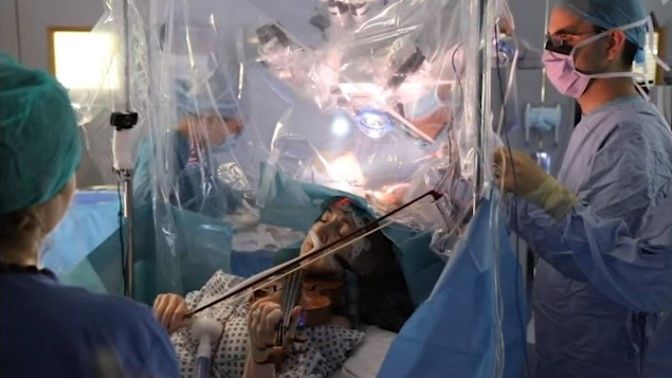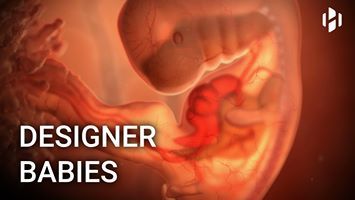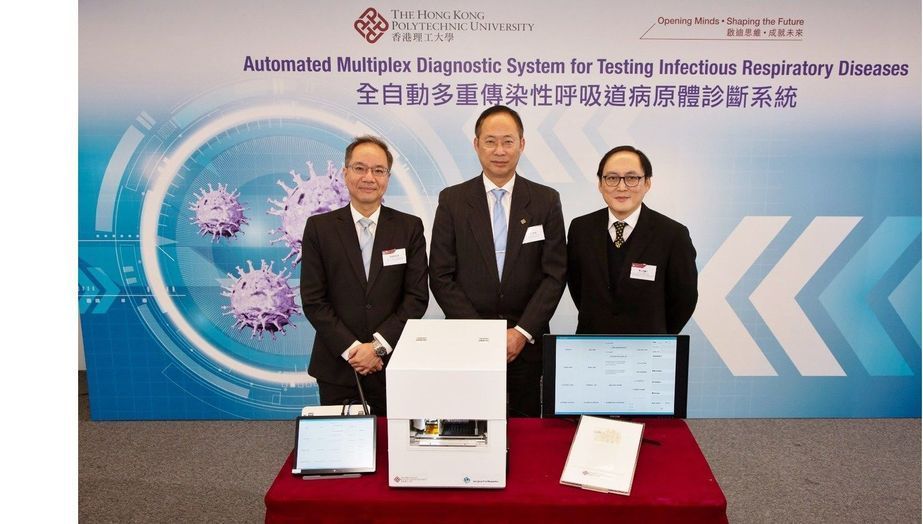Archive for the ‘biotech/medical’ category: Page 1846
Feb 20, 2020
When Living 200 Year Becomes Normal — The End of Ageing (Medical Science Documentary) | Only Human
Posted by Paul Battista in categories: biotech/medical, education, life extension, science
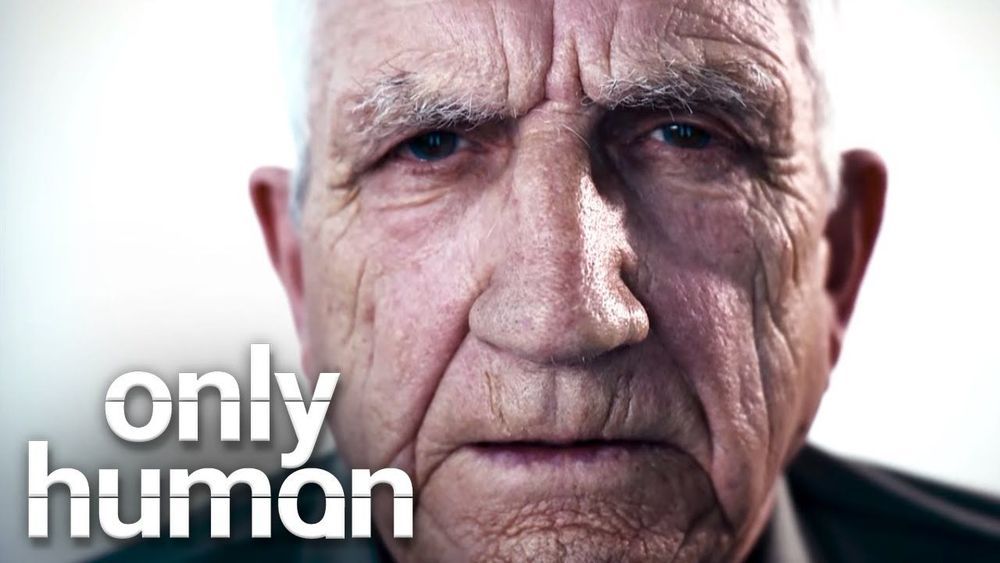
Do you want to stop ageing? Do you want to live forever? Can science help you cheat death? In this pioneering documentary, Professor Rose Anne Kenny takes us through the science and the consequences of living longer lives.
Imagine for a moment that old age became a thing of the past. Today, for better or for worse, it would appear that eternal life may soon be a reality. Some scientists are forecasting that the only way many humans will die is if they are shot or run over by a bus.
Feb 20, 2020
Musician Plays Her Violin During Brain Surgery
Posted by Brent Ellman in categories: biotech/medical, media & arts, neuroscience
Doctors wanted to ensure they didn’t compromise parts of the brain necessary for playing the violin, so they asked their musician patient to play for them mid-operation.
Were humans designed to eat meat? Did we evolve to consume other creatures? Is flesh eating enshrined in our DNA? Here, we discuss these divisive queries.
Feb 20, 2020
You Ain’t Seen Nothing Yet
Posted by Lola Heavey in categories: biotech/medical, economics, employment
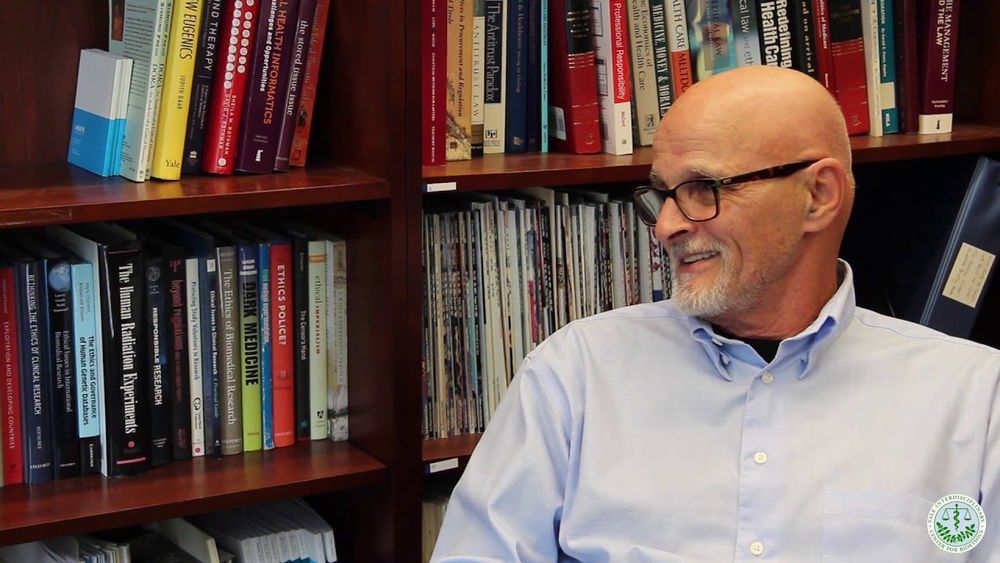
Never in history have we seen wealth concentrated (Apple is worth over a trillion dollars). Money and congressional power answers why legislators: let drug companies squeeze dollars from sick people, refuse to stop a president who winks and nods at Putin, at right-wing agitators, who stoke bigotry, or singles out Black, Hispanics, Jews, Muslims, immigrants, asylum seekers and refugees (let’s just lump them together). Fear of others comes from seeds planted early in life. Fear is personal — you don’t feel mine, I don’t feel yours.
But, alas, the future will be like nothing we have experienced. It’s a HUUUGE planet, with decades to come, which, if we lived long enough would from today’s vantage be unrecognizable. What we do know from our lives is that we are but a small part, not only small in terms of our kind or beliefs (political, religious, cultural), but small in influence over the planet’s trajectory (war, maybe atomic, population growth, immigration, climate, economy, racial, ethnic composition, e.g., in the U.S.).
Feb 20, 2020
From ‘living’ cement to medicine-delivering biofilms, biologists remake the material world
Posted by Derick Lee in categories: biotech/medical, materials
Engineered living materials (ELM) are designed to blur boundaries. They use cells, mostly microbes, to build inert structural materials such as hardened cement or woodlike replacements for everything from construction materials to furniture. Some, like Srubar’s bricks, even incorporate living cells into the final mix. The result is materials with striking new capabilities, as the innovations on view last week at the Living Materials 2020 conference in Saarbrüken, Germany, showed: airport runways that build themselves and living bandages that grow within the body. “Cells are amazing fabrication plants,” says Neel Joshi, an ELM expert at Northeastern University. “We’re trying to use them to construct things we want.”
Engineered microbes shift from making molecules to materials.
Feb 19, 2020
How to Create Designer Babies From Skin Cells
Posted by Paul Battista in category: biotech/medical
Feb 19, 2020
How The Ultra Rich Are Trying To Live Forever
Posted by Derick Lee in categories: biotech/medical, life extension
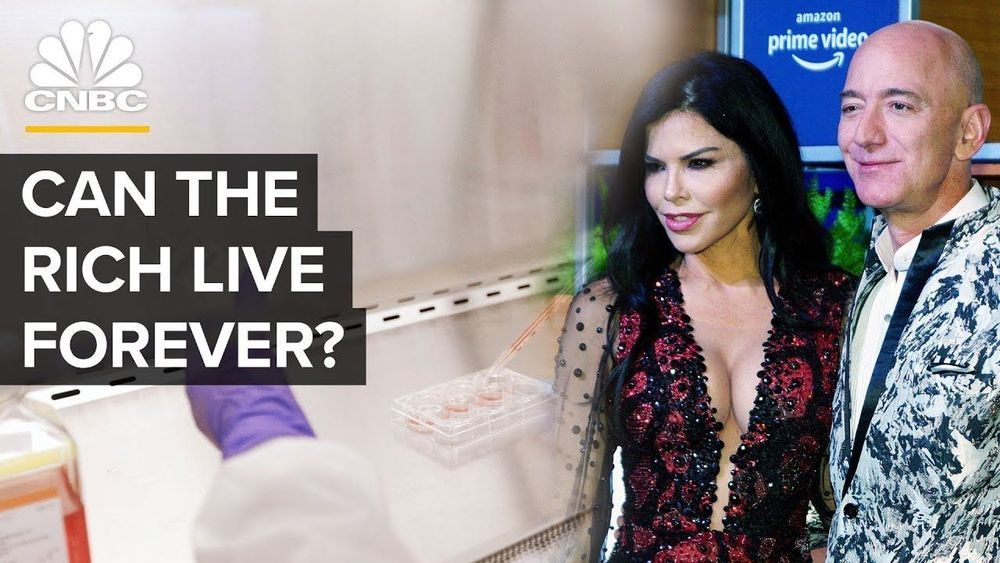
If you can’t defeat death, what if you could postpone it, or at least postpone the diseases commonly associated with getting old? Many people, especially the ultra-wealthy in Silicon Valley, are investing money into companies trying to answer exactly those questions.
» Subscribe to CNBC: https://cnb.cx/SubscribeCNBC
» Subscribe to CNBC TV: https://cnb.cx/SubscribeCNBCtelevision
» Subscribe to CNBC Classic: https://cnb.cx/SubscribeCNBCclassic
Continue reading “How The Ultra Rich Are Trying To Live Forever” »
Feb 18, 2020
PolyU develops the world’s most comprehensive automated multiplex diagnostic system for detecting up to 40 infectious respiratory pathogens (including 2019-nCoV) in a single test
Posted by Saúl Morales Rodriguéz in categories: biotech/medical, genetics, health
HONG KONG, Feb. 11, 2020 /PRNewswire/ — Infectious diseases represent an important portion of global public health concerns¸ in particular with regard to the current global outbreak of novel coronavirus (2019-nCoV). The challenge of frontline diagnosis in hospitals, clinics and ports is that infectious diseases could exhibit similar symptoms or can be asymptomatic. The Hong Kong Polytechnic University (PolyU) today announced the development of the world’s most comprehensive automated multiplex diagnostic system (the System) which includes a fully automated machine and a multiplex full-screening panel for the point-of-care genetic testing (POCT) of respiratory infectious disease including the 2019-nCoV.
Feb 18, 2020
Dr. Mehmet Oz interviews Dr. Burzynski & Eric Merola
Posted by Paul Battista in categories: biotech/medical, entertainment
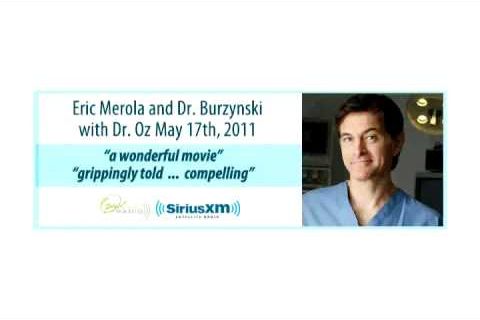
https://www.youtube.com/watch?v=HVejUrKnh6E&feature=youtu.be
SUPPORT THIS PROJECT, BUY THE DVD (only $8.99 with coupon code: “burz51”): http://estore.burzynskimovie.com
For more info: http://www.oprah.com/oprahradio/Dr-Stanislaw-Burzynskis-Cure-for-Cancer-Audio
Burzynski the Movie: http://www.burzynskimovie.com/
Follow this film series on Facebook: https://www.facebook.com/BurzynskiMovie
Continue reading “Dr. Mehmet Oz interviews Dr. Burzynski & Eric Merola” »

